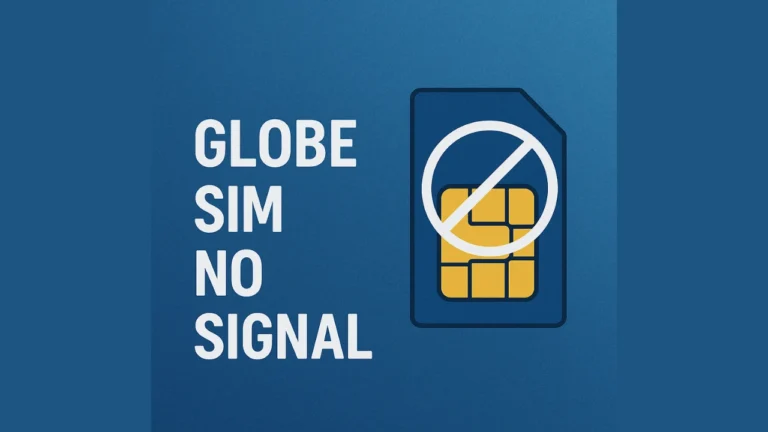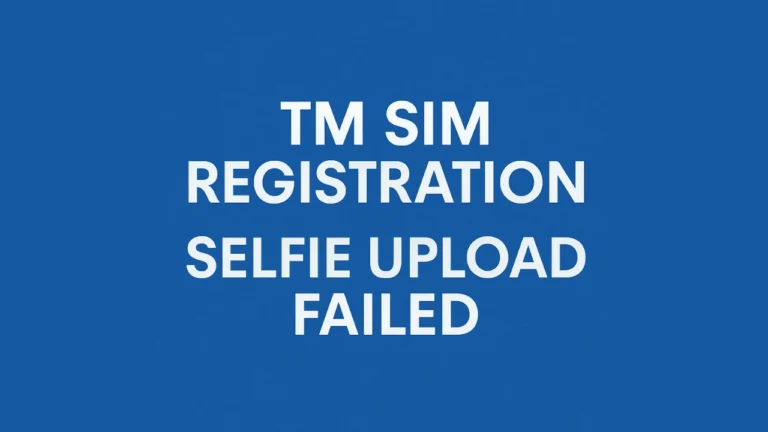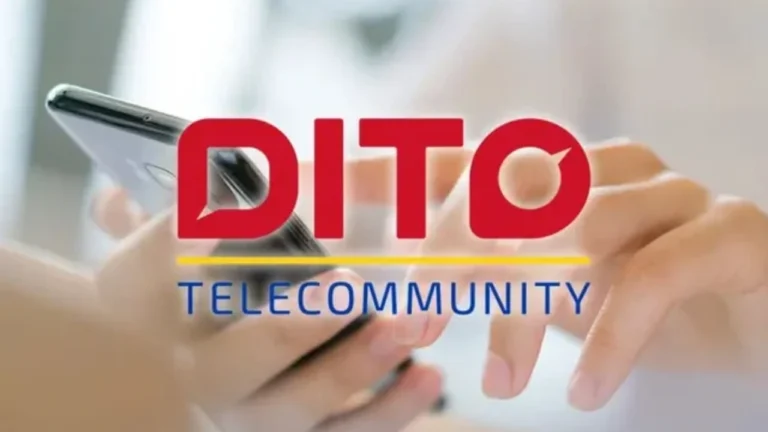SIM Registration Act (RA 11934) to Register Their SIM Cards 2025
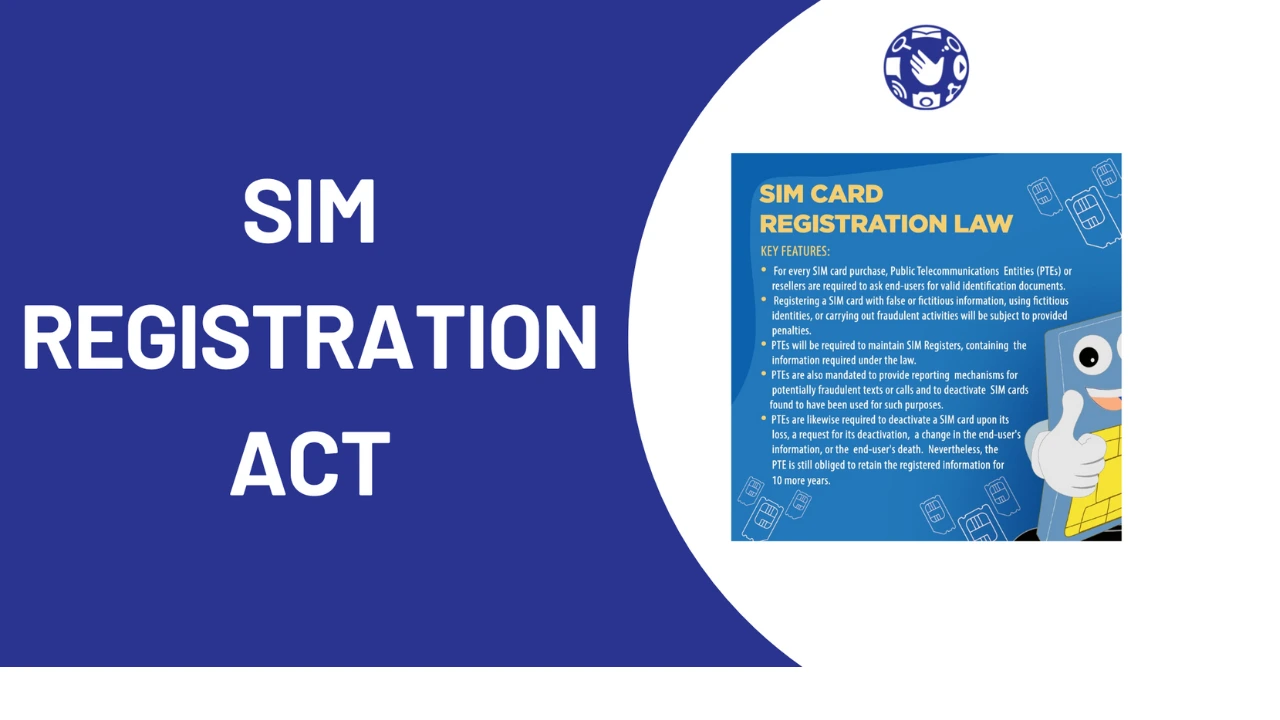
The SIM Registration Act (RA 11934) to register their SIM cards was introduced to improve digital safety in the Philippines. This law was created to reduce fraud, scam messages, and illegal mobile use across the country. The government made it mandatory for every SIM user to link their identity to their mobile number.
What Is the SIM Registration Act (RA 11934)?
The SIM Registration Act (RA 11934) is a Philippine law passed in October 2022 and took effect in December 2022. It requires all users to register their SIM cards with personal information before activation. This includes prepaid, postpaid, e-SIM, and broadband SIM users. The aim is to protect users from cybercrime and illegal activities linked to unregistered SIMs. Once the law took effect, new SIM cards needed to be registered before use, while existing users had until July 25, 2023, to comply. Telecom providers like Globe Telecom were required to implement secure portals and in-store services to help customers register easily and stay compliant with the law.
Required Information for SIM Registration
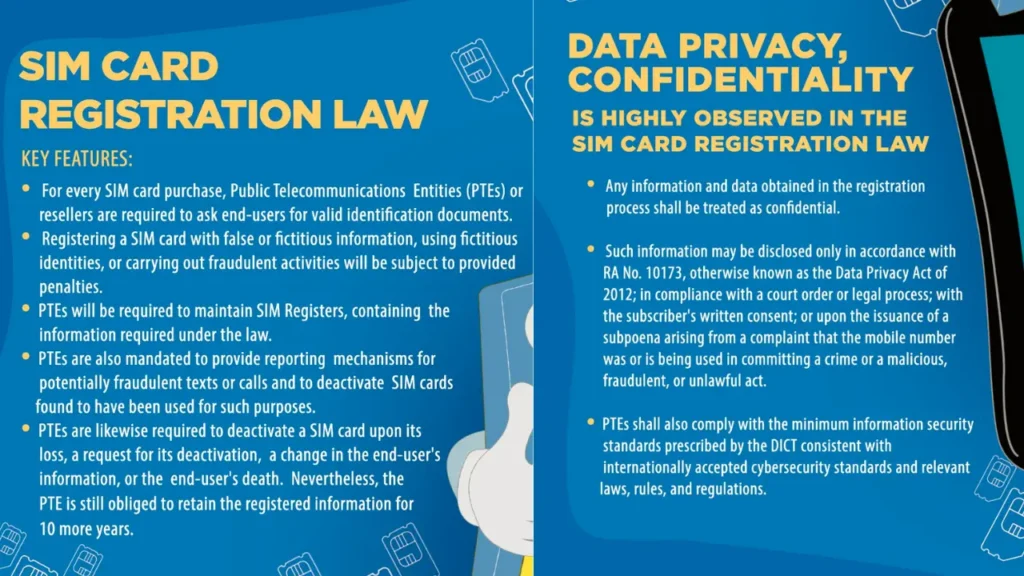
To follow the law, you need to provide basic personal details and a valid ID. This ensures that mobile numbers are tied to real people or legal entities.
| Information Needed | Description |
|---|---|
| Full Name | As shown on your government-issued ID |
| Birth Date | For age and identity verification |
| Sex | Male, Female, or other |
| Address | Current residential or business address |
| Valid Government ID | Passport, PhilID, Driver’s License, or similar |
| Photo or Selfie | Sometimes required by the telecom provider |
| Mobile Number + SIM Serial | Needed to match the registration to your actual SIM |
All data must be real. Giving false information can lead to jail time or heavy fines.
How to Register Your SIM Card?
Most telecom companies provide easy online portals for SIM registration. You can also register in-store if needed. Here is a simple table showing how to register with each major provider:
| Telecom Provider | Registration Link or Method |
|---|---|
| Globe | new.globe.com.ph/simreg |
| Smart/TNT | smart.com.ph/simreg |
| DITO | dito.ph/sim-registration |
| TM | Same process as Globe |
| In-store | Bring your ID and phone to any service center |
You start by entering your mobile number, verifying it with an OTP, and then uploading your personal information and ID. Once submitted, you’ll get a reference number as proof.
Deadline and Deactivation
The registration deadline was July 25, 2023. A five-day grace period followed, ending on July 30, 2023. After that, all unregistered SIM cards were permanently deactivated. If your SIM was deactivated, you cannot reactivate it anymore. Your only option is to buy a new SIM and register it right away. That’s why the SIM Registration Act (RA 11934) to register their SIM cards is important to follow.
Why Is SIM Registration Important?
The law exists to protect users from fraud and identity theft. Scammers often use unregistered SIMs to hide their identity and commit crimes. The SIM Registration Act (RA 11934) to register their SIM cards helps stop this by making all users traceable. It also benefits honest users. With better regulation, mobile services become safer, and fewer people fall victim to fake calls or messages.
SIM Registration for Foreigners and Minors
Foreigners and minors must also register but under different rules. Minors need a guardian to register the SIM under their name. Foreigners must show a valid passport and travel documents, plus proof of address in the Philippines.
| User Type | Requirements |
|---|---|
| Minors | Guardian’s ID, Consent Letter |
| Foreigners | Passport, Entry Visa, Local Address, Travel Itinerary (for tourists) |
Even tourists buying a SIM for short-term use must follow these steps.
Telco Registration Performance
During the official SIM registration period, the Department of Information and Communications Technology (DICT) tracked telecom performance. Here’s a summary table of total registered SIMs as of July 30, 2023
| Telecom Provider | Registered SIMs | Approximate % of Subscribers |
|---|---|---|
| Smart & TNT | 49 million | 71% |
| Globe & TM | 53 million | 67% |
| DITO | 8 million | 51% |
| Total | 110 million+ | 68% overall national rate |
Although the target was 100%, these numbers still reflect successful outreach, especially considering remote areas and tech limitations. You can learn more about TmSIM at Tm sim registration.
Role of the DICT and NTC
The DICT (Department of Information and Communications Technology) leads the enforcement of this law. They work closely with the NTC (National Telecommunications Commission) and telcos to:
- Monitor compliance
- Investigate fake registrations
- Issue legal guidelines
- Coordinate cybersecurity alerts
Both agencies ensure that the SIM Registration Act (RA 11934) to register their SIM cards is followed fairly and securely. They also provide support hotlines for user complaints.
Security and Privacy of SIM Data
The law also ensures that your information is protected. Data collected under the SIM Registration Act (RA 11934) to register their SIM cards is kept private. Telecom companies must store it securely and cannot share it unless required by law. The data will be kept for five years after SIM deactivation. After that, users or their families can ask for deletion, unless there’s a legal reason to keep it.
Consequences for Breaking the Law
There are strong penalties for people who break the rules. Fake registration, selling registered SIMs, or using fake IDs can lead to fines and jail time. Below is a breakdown of penalties:
| Violation | Penalty |
|---|---|
| False registration | ₱100,000 to ₱300,000 fine, up to 6 years jail |
| Selling registered SIMs | ₱100,000 fine minimum |
| Spoofing or hacking registered SIMs | Jail time + fine depending on case |
These laws help discourage illegal activities and keep users protected.
Advantages of the SIM Registration Law
The law gives multiple benefits. It reduces scam messages, ensures personal accountability, and improves mobile security. For honest users, this means more peace of mind. With every number linked to an identity, criminals will find it harder to use mobile phones for illegal acts. That’s why the SIM Registration Act (RA 11934) to register their SIM cards is a smart and timely step forward.
Public Feedback and Government Role
Many citizens welcomed the law, though some found the online process tricky. The government has since improved registration websites and made in-store help available. Over 100 million SIMs were registered before the deadline, showing strong public support. Even telecom companies agree that the law helps clean the mobile system. The SIM Registration Act (RA 11934) to register their SIM cards has made both users and companies more responsible.
Final Thoughts
In today’s digital world, linking mobile numbers to real people is important. The SIM Registration Act (RA 11934) to register their SIM cards protects everyone from digital fraud. It ensures that mobile networks are safer and more accountable. If you’re buying a SIM or haven’t registered yet, take action now. Follow the correct steps and stay connected legally and securely.


